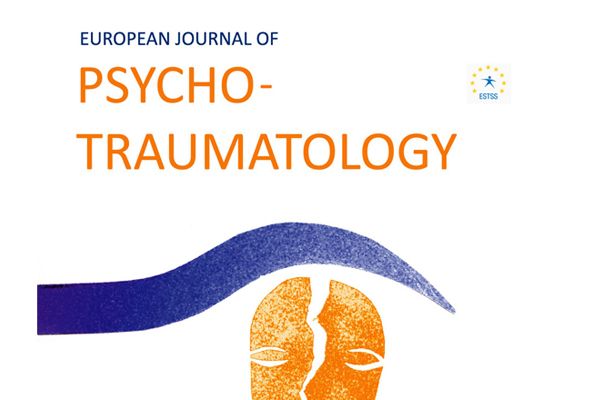26 oktober 2020
European Journal of Psychotraumatology
Ji Hye Kim & Ji Young Choi
https://doi.org/10.1080/20008198.2020.1796276
Abstract
Background: Impulsivity, a trait and multidimensional construct, is associated with a wide range of impulsive behaviours. Although it is well documented that childhood trauma (CT) affects impulsivity, few studies examine whether its effects depend on particular dimensions of impulsivity and the role post-traumatic stress symptoms play in the relationship between childhood trauma and different dimensions of impulsivity.
Objective: This research aims to explore the relationships between CT, PTSD, and impulsivity in a heterogeneous clinical sample. We also sought to examine whether the influence of CT on impulsivity differs across the dimensions of impulsivity.
Method: We investigated the relationships between CT, symptoms of post-traumatic stress disorder (PTSD), and five dimensions of impulsivity using a sample of 162 non-psychotic psychiatric patients without neurocognitive diagnoses. Participants completed the Childhood Trauma Questionnaire (CTQ), Impact of Event Scale – Revised (IES), and the UPPS-P Impulsive Behaviour Scale (UPPS-P).
Results: The results of structural equation modelling showed that CT is associated with PTSD symptoms, in addition to four of the five dimensions of impulsivity in the UPPS-P:positive urgency, negative urgency, lack of premeditation, and lack of perseverance. The indirect effect of CT through PTSD symptoms was significant only for the two types of urgency.
Conclusions: The results of this study suggest that interventions that aim to alleviate impulsive behaviour derived from high urgency should pay particular attention to the presence of CT and PTSD symptoms.
Published online: 06 Aug 2020

Het European Journal of Psychotraumatology (EJPT) is een peer-reviewed, interdisciplinair wetenschappelijk tijdschrift dat deel uitmaakt van de European Society for Traumatic Stress Studies (ESTSS).
Het EJPT heeft als doel om wetenschappers, behandelaren en experts te betrekken bij de belangrijkste vraagstukken rond stress en trauma, waaronder individuele gebeurtenissen, herhaalde of chronische trauma's, grootschalige rampen en geweld.

